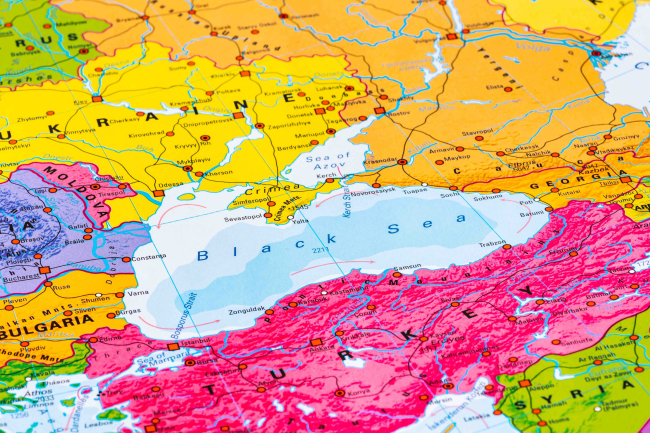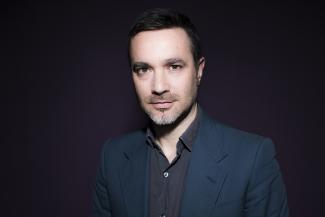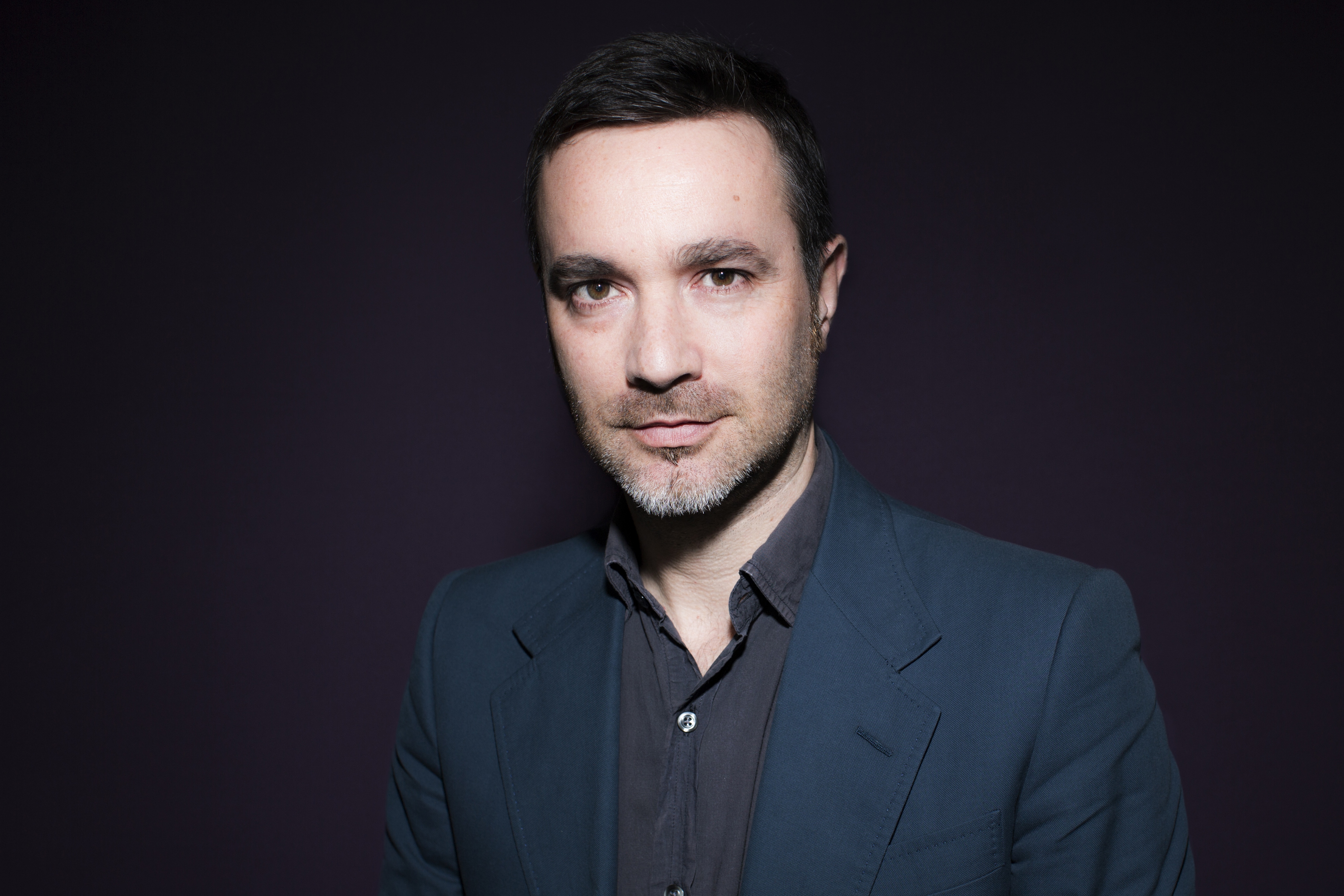Beyond Models of Integration: France, the Netherlands and the Crisis of their National Models

Practical information
Second closed seminar of the project, organised by Ifri and ASSR (Amsterdam School for Social Science Research) at Ifri with Christophe Bertossi (Ifri), Jan Willem Duyvendak (ASSR, Amsterdam), Peter Scholten (Université de Twente), Nacira Guénif-Souilamas (Université Paris XIII), Sawitri Saharso (Vrije Universiteit Amsterdam), John Bowen (Washington, University, St-Louis), Frank de Zwart (Université de Leiden), Jocelyne Streiff-Fénart (CNRS), Marcel Maussen (IMES, Université d'Amsterdam).
This conference gathers French and Dutch academics researching integration issues. The objective of this meeting is not to prove the existence of a supposed crisis of integration of populations originating from immigration in both countries. It is rather to analyze the consequences these new discourses about the failure of national models can have on today's integration politicies. Hence, these dominant public discourses about the so-called crisis of national models of integration are seen as the illustration of the emergence of new types of integration policies, increasingly focusing on the ethnicity and religion of migrants and minority groups' members.
Speakers
Other events

Affirming European Security in Ukraine and the Black Sea Region
European security has been challenged in 2022 with the full-fledged invasion of Ukraine by the Russian Federation.

Post-war Europe: How to Redefine a Security Architecture Within a New Transatlantic Framework?
A new European security architecture has to be built. The question is: will this happen with or without Europe? The US President, Donald Trump, who returned to the White House a little more than two months ago, and the President of the Russian Federation, Vladimir Putin, have initiated talks to put an end to the war in Ukraine, with the possibility of Ukraine ceding territory to Russia being raised.

Doing Politics in African Cities: Actors, Causes and Forms of Urban Social Mobilization
From Maputo to Nairobi and from Lagos to Dakar: recently, African cities have been the theatre of mobilizations by groups of young protesters.










